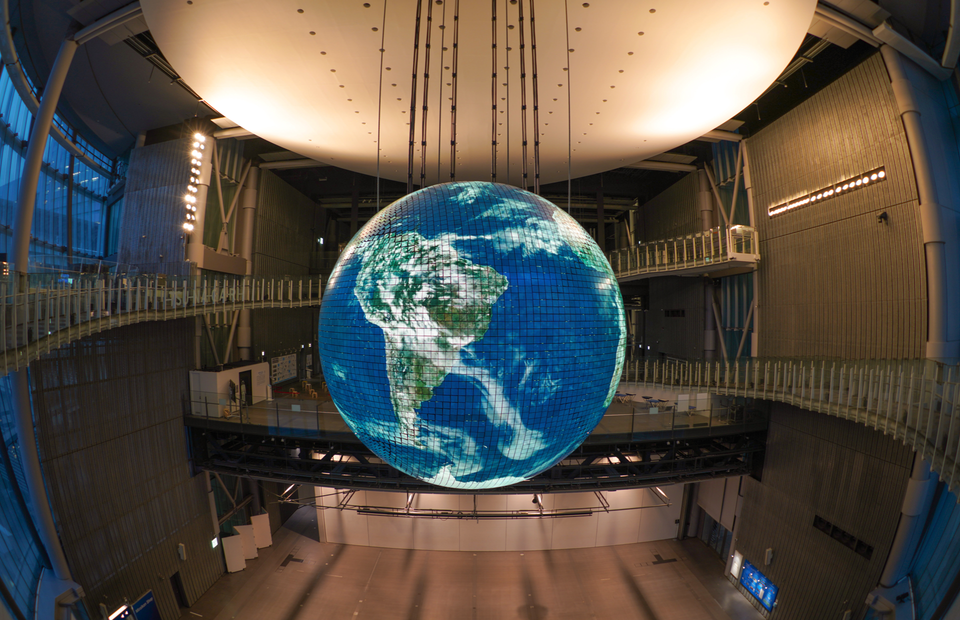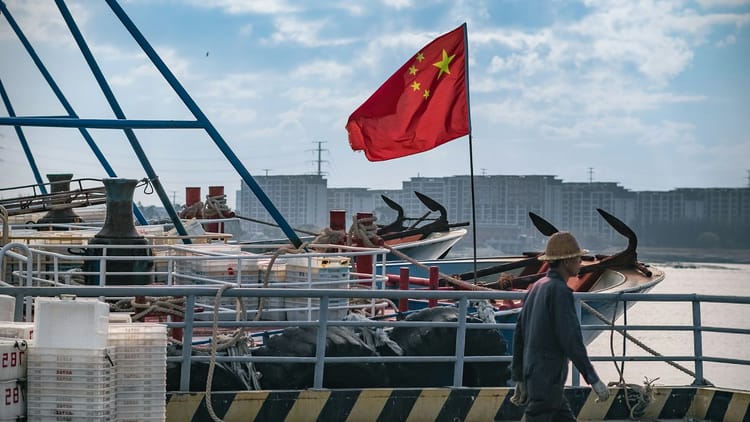System shock

The price of oil hit nearly US$140 a barrel in early March, less than two weeks after Russia invaded Ukraine, a dramatic increase from $80 a barrel at the beginning of the year. The jump was caused by fears that Moscow, a major oil-and-gas producer, would cut off supplies to Western Europe in response to condemnations of the attack by the European Union. Oil prices have remained high and volatile since then, raising gasoline prices with them and distressing consumers around the world. Worries about natural-gas supplies have forced Germany to draw up plans for gas rationing. Meanwhile, in the United States, Germany, and Spain, these price hikes are helping push inflation to levels unseen since the 1980s. Is all of this from the war?
Adam Tooze is a professor of history and the director of the European Institute at Columbia University. Tooze says the war may be having powerful effects on global commerce, but it’s not causing a major break in the broader trajectory of the world economy. Climbing prices for energy and food drove already rising markets even higher. In the long run, substantially greater costs for oil and natural gas will likely accelerate the move away from fossil fuels and toward renewable energy already underway in Europe. Similarly, surging commodity prices will drive inflation somewhat higher, though economists had already forecast inflation in the coming years. The truly historic economic effect of the war, Tooze says, is the unprecedented sanctions against the Russian central bank, which have created a new financial dynamic that will redefine the nature of global economic power …
Michael Bluhm: What do you see as the most significant effects of the war in Ukraine on the global economy?
Adam Tooze: It dramatically exacerbates a pre-existing period of tension in global commodity, oil, and gas markets. That tension was the effect of complicated conditions, most notably an uneven but unexpectedly rapid economic recovery from the Covid crisis.





